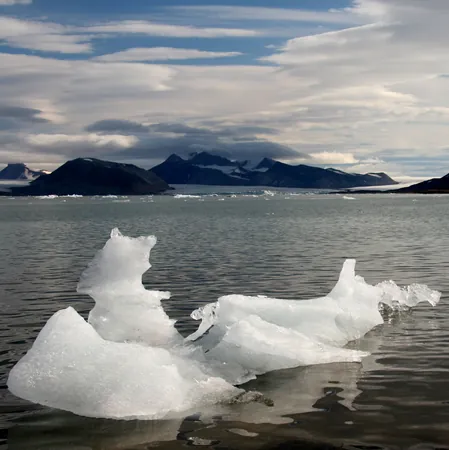
Glaciers Face Centuries of Melting: Warnings from Groundbreaking Research
2025-05-19
Author: Jacques
Unforgiving Impact of Global Warming on Glaciers
Recent groundbreaking research has revealed a chilling truth: mountain glaciers worldwide may take centuries to recover, even if we manage to cool our planet back to the critical 1.5°C limit. This alarming study, spearheaded by the University of Bristol and the University of Innsbruck, provides the first-ever global simulations predicting glacier changes for the next 2,500 years.
A World Beyond the Threshold
Published in Nature Climate Change, the study highlights the dire consequences of 'overshoot' scenarios—where temperatures exceed 1.5°C and reach as high as 3°C before stabilizing. Under these conditions, glaciers could suffer a staggering 16% more mass loss than in a scenario that strictly adheres to the 1.5°C limit. Dr. Fabien Maussion from the University of Bristol emphasized that our current climate policies put us perilously close to a 3°C future, which spells disaster for our glaciers.
The Harsh Reality of Future Warming
The scientists found that if global temperatures escalate to 3°C around 2150, and only drop back to 1.5°C by 2300, the glaciers will be far worse off, losing vast amounts of mass—35% even at the 1.5°C mark, plus an additional 16% by 2200, and 11% more by 2500. This accelerated melting means more freshwater will flow into the oceans, leading to a dramatic increase in sea levels.
The Timeline of Recovery Is Bleak
Using a pioneering open-source model, the researchers concluded that larger polar glaciers could take centuries, if not millennia, to rebound from a 3°C overshoot. Although smaller glaciers, like those found in the Alps, Himalayas, and Tropical Andes, may start to recover by the year 2500, the current generations can expect no visible change.
Glacier Water: A Vital Resource at Stake
The meltwater from glaciers is crucial for communities downstream, particularly during dry seasons. As glaciers melt, there’s a temporary release of water, known as 'peak water.' However, Dr. Schuster pointed out that if glaciers begin to regrow, they will re-absorb that water, creating what's termed 'trough water'—resulting in less water reaching the downstream areas.
A Call for Urgent Action
This study is a vital first step in understanding the complex consequences of climate overshoots on glacier-fed water systems and sea-level rise. Dr. Maussion warns that overshooting 1.5°C locks in glacier loss for centuries, indicating that much of the damage cannot be undone, even if temperatures return to safer levels. The longer we delay cutting emissions, the heavier the burden we impose on future generations.
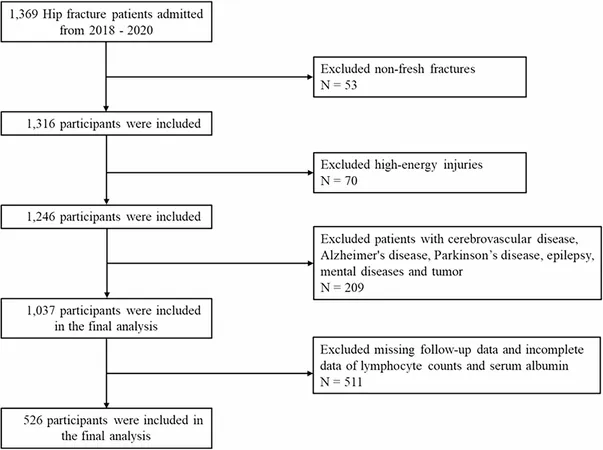
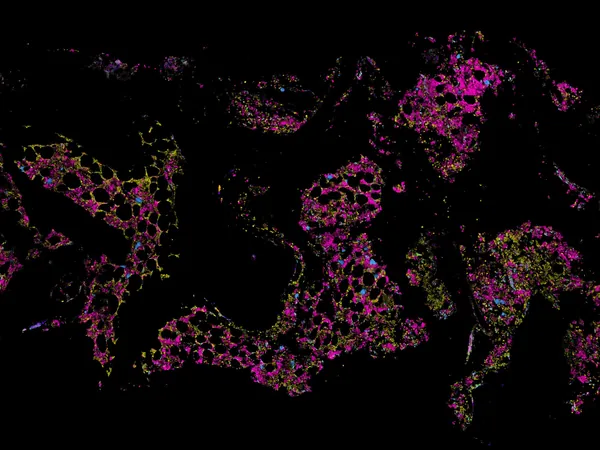


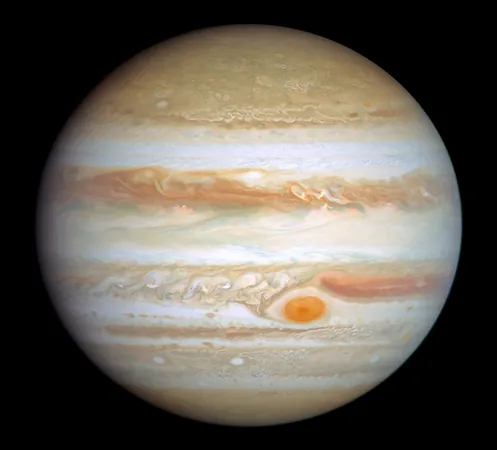



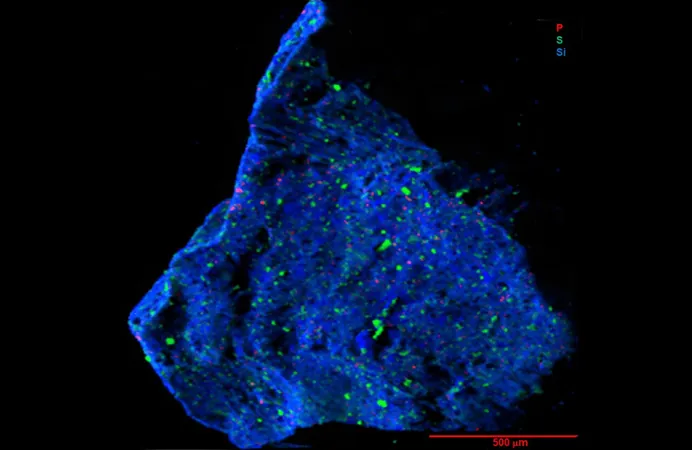
 Brasil (PT)
Brasil (PT)
 Canada (EN)
Canada (EN)
 Chile (ES)
Chile (ES)
 Česko (CS)
Česko (CS)
 대한민국 (KO)
대한민국 (KO)
 España (ES)
España (ES)
 France (FR)
France (FR)
 Hong Kong (EN)
Hong Kong (EN)
 Italia (IT)
Italia (IT)
 日本 (JA)
日本 (JA)
 Magyarország (HU)
Magyarország (HU)
 Norge (NO)
Norge (NO)
 Polska (PL)
Polska (PL)
 Schweiz (DE)
Schweiz (DE)
 Singapore (EN)
Singapore (EN)
 Sverige (SV)
Sverige (SV)
 Suomi (FI)
Suomi (FI)
 Türkiye (TR)
Türkiye (TR)
 الإمارات العربية المتحدة (AR)
الإمارات العربية المتحدة (AR)